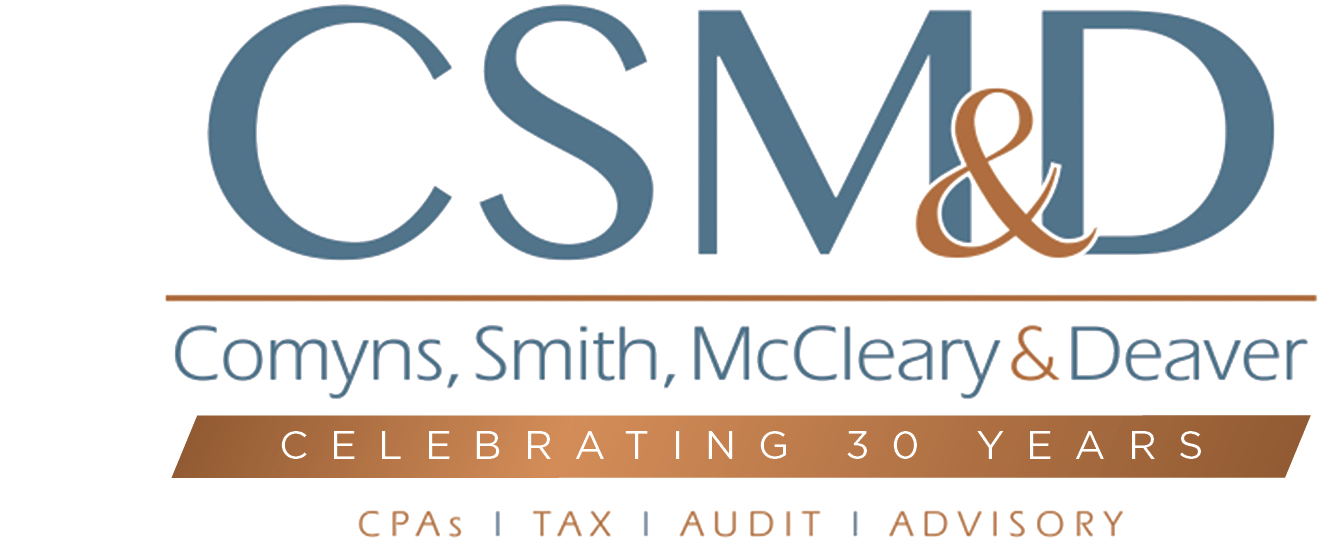by Mike Godfrey, Tax-News.com Washington
23 December 2019
On December 17, 2019, the United States House of Representatives passed a year-end spending package, which includes legislation extending numerous expired and expiring tax provisions, and repealing certain taxes introduced to help fund the Obamacare health care reforms.
The Taxpayer Certainty and Disaster Tax Relief Act of 2019 extends several temporary tax provisions that expired at the end of 2017 and 2018 until December 31, 2020. These include tax relief provisions for individuals and families, incentives for employment and economic development, and incentives for energy efficiency and the production of renewable power.
The Taxpayer Certainty and Disaster Tax Relief Act of 2019 also extends tax provisions due to expire at the end of 2019 until December 31, 2020, including, among others, the New Markets Tax Credit, the Work Opportunity Tax Credit, certain provisions related to beer, wine, and distilled spirits, and look-through treatment of payments between related CFCs under foreign personal holding company income rules.
Also included in the spending package is the Disaster Relief Act of 2019. Among other provisions, this legislation includes special rules allowing access to retirement funds, a special credit for employee retention during business interruption, special rules for deductions for disaster-related personal casualty losses, and special rules for measurement of earned income for purposes of qualification for tax credits.
The spending package also repeals three Affordable Care Act taxes introduced by former president Barack Obama: the medical device tax, the Cadillac tax, and the Health Insurance Tax, effective December 31, 2019.
The 2.3 percent medical excise tax applies on the sale of certain medical devices, such as artificial hips, MRI scanners, and cardiac defibrillators, by manufacturers whose gross revenue exceeds USD5m. Although the excise tax took effect on January 1, 2013, subsequent legislation delayed its introduction until January 1, 2020.
The Cadillac tax is a 40 percent excise tax on the “excess benefit” of high-cost health insurance plans paid for by employers. The tax was intended to apply from tax years beginning after December 31, 2017. However, the measure has been delayed by Congress on two occasions, most recently until 2022.
The Health Insurance Tax is an annual tax on health insurance providers based on their share of the US healthcare market. This fee was suspended for 2019, but is due to resume in 2020.
